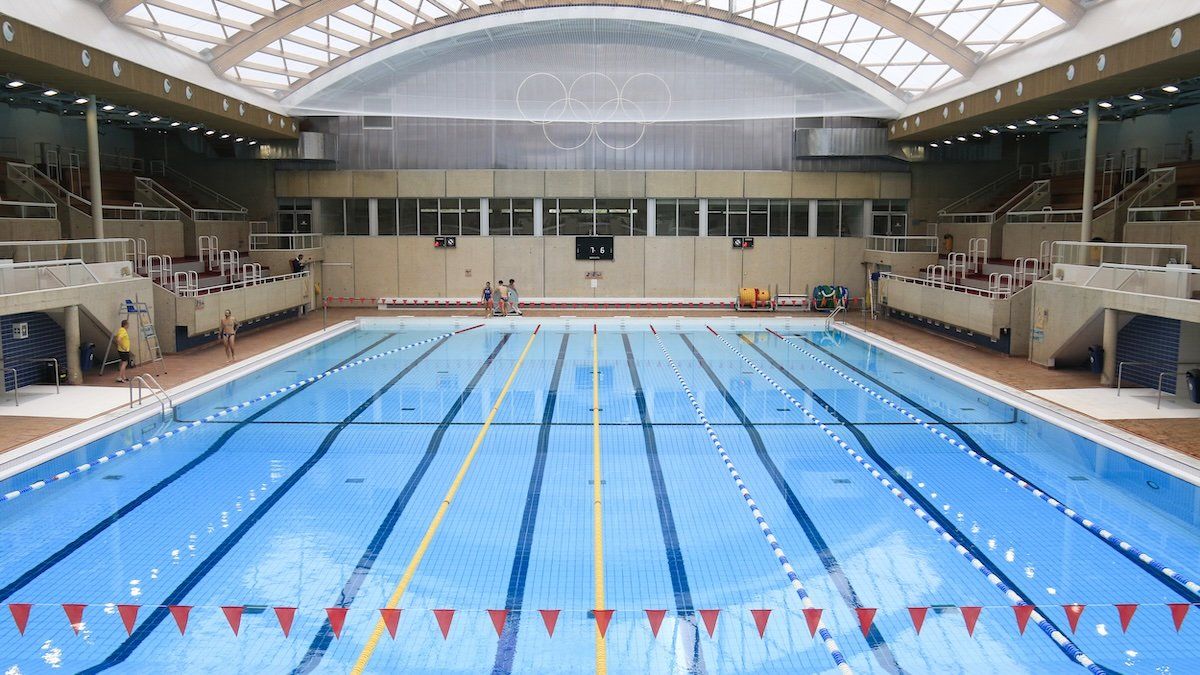23: American athletes groups are protesting after 23 Chinese swimmers escaped international competition sanctions despite testing positive for a banned heart medication in 2021. The World Anti-Doping Agency has appointed an investigator but says it has no way to appeal the Chinese authorities’ ruling that the specimens were, in fact, mishandled. US athletes say the WADA investigator is compromised and have called for a “truly independent” probe. The 2024 Summer Games begin in late July.
11: The G7 group of wealthy democracies has given itself 11 years to all but stop using coal in their energy systems. A carveout will still exist where emissions are captured. The G7 – which includes Canada, France, Germany, Japan, the UK, and the US – accounts for about a fifth of global emissions, but it does not include China and India, the world’s top two coal polluters.
1 million: Who among us has not, at one time or another, misplaced one million bullets, thousands of grenades, and even a few missiles? No one? Fine, then none of you are from the Colombian military, whose latest inventory shows that all of this kit has gone missing. President Gustavo Petro has blamed corruption for the missing munitions and has ordered a massive crackdown on graft in the armed forces. Expect that to go spicily, as Petro — a former guerilla – has few admirers in an army that fought Marxist rebels for decades.
40 million: Mother Nature is many things to many people — but to Spotify, she is now, officially, an artist. Since mid-April, the music streamer has created playlists of songs that feature nature sounds (rain, thunder, bird chirps, etc), and has been setting royalties for “Nature” that go into an environmental conservation fund started by electronic music icon Brian Eno. The project is projected to raise more than $40 million in the next four years. Nature already has more than 2.6 million monthly listeners, and you can be one of them here.
